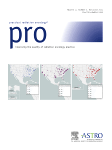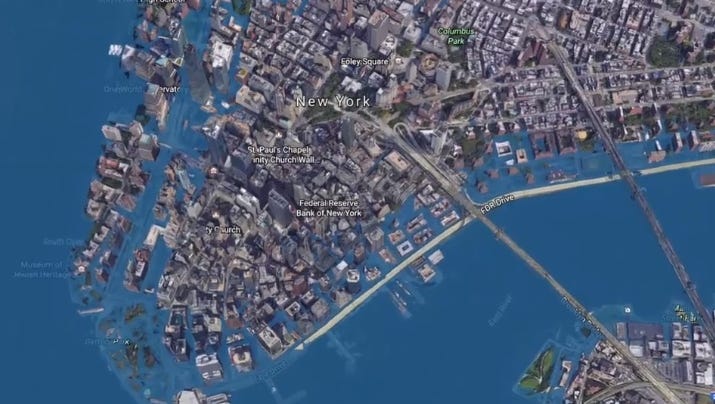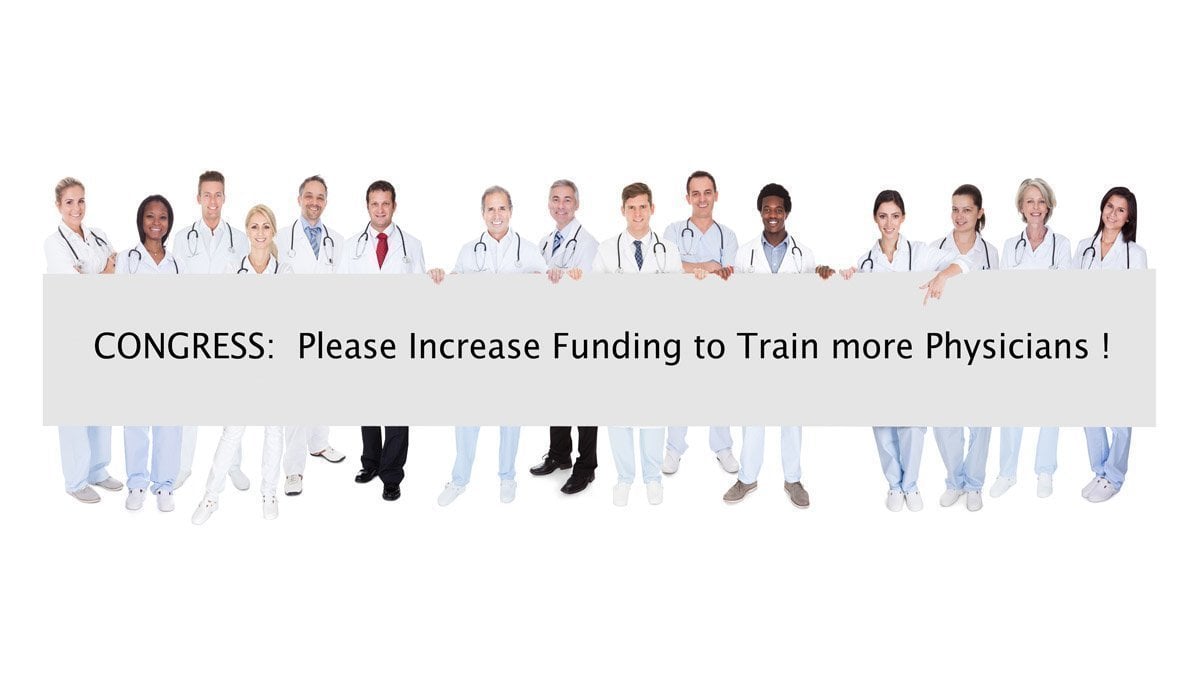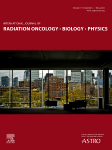A recent Red Journal (
link) article explored job market patterns amongst recent residencuy program graduates. The authors evaluated outcomes with regard to location (divided into 4 multi-state regions), practice setting, and city size. When I saw this in the email blast TOC, I thought this might provide useful information, but the beginning of the discussion states, “Furthermore, 52.5% received a job offer in their preferred region, city size, and job type (combined). Which this suggests a lower level of concern than suggested in prior reports.”[sic]
So about half of people found a job in a
multi-state region where there was a city of small
or large size, where they found an academic
or PP job (because applicants applied to both). Fascinating. And if someone didn’t get all three, don’t fret — 75% at least got a job in their preferred geographic region. That means 1 in 4 didn’t even get to live in their desired multi-state region.
The authors go on to say that trainee preferences may be contributing to maldistribution of jobs. Just imagine the self-importance to have a
preference of choosing where you want to work and maybe even raise a family after 4 years of medical school (plus maybe a gap year), and 5 years of residency! You want to live in California? How about Oklahoma?
Kidding aside (and no offense meant to OK residents), but I don’t think this article really captures the extent of which trainee preference and outcome in the current job market. For example, if someone wanted at academic job at one of the many fine programs in Los Angeles and instead got a job working at a satellite in the suburbs of Phoenix, this would be interpreted by the study’s authors as going 3 for 3. Not technically incorrect, but also somewhat misleading.
It’s stuff like this that I point out to our eager visiting medical students. Sure, there’s data. Yes, we still need radiation oncologists. And yes, there are people getting jobs. But the data we have says you have a coin flip’s chance of ending up in a city size you want with the kind of job your want (maybe) in a multi-state region. If that sounds like something you’re excited about, by all means, fire up that ERAS.




